Dying Scene ran into Chicago-based author and vocalist Kyle Decker several times between September 2023 and January 2024. On January 27th, 2024, Dying Scene met up with Decker at Jackalope Coffee & Tea House and Let’s Boogie Records in the Bridgeport neighborhood for an interview and photoshoot. Decker is the author of This Rancid Mill and sings in the Chicago punk band Bad Chemicals.

This interview has been edited for length and clarity.
Dying Scene: Thank you for meeting me here. Tell me about yourself.
Kyle Decker: I’m Kyle Decker. I am an author, educator, and punk vocalist living in Chicago, Illinois. I was born in Tacoma, Washington. I grew up in this picturesque little town called Gig Harbor, but my mom’s from out here, and we moved out here when I was about eight or nine years old, which was sometime in the mid-1990s.
DS: You also lived in Korea…
KD: Yeah. I lived in South Korea from August of 2013 until New Year’s day of 2018. So, I was out there for about four and a half years. I was teaching English and writing for various magazines. I organized DIY shows for fun and charity. I never kept any of the money. I always gave it to the bands or whatever charity we were doing stuff for. Teaching English was my day job and I met my wife out there and I played in a punk band.
DS: So, the experience was...
KD: Well, life-changing. I met my wife there. It was the first time that I ever really realized the dream of being in a band and performing music. I had writer’s groups out there…two that I was a part of that…we were a workshop and we gave each other feedback on our projects.
DS: Last November, we caught up at your book reading Bucket O’ Blood Books And Records. You were promoting your latest novel, This Rancid Mill, and a new short story, “Brother.” Tell me about those stories.
KD: Well, This Rancid Mill is my novel. It’s a combination. It’s very influenced by old school pulp, hard-boiled detective novels, especially Raymond Chandler, Dashiell Hammett, that sort of thing. But it’s set in Los Angeles in the early 1980s punk scene. So, a lot of both punk rock and hard-boiled detective novels have this sort of certain takes on masculinity, certain nihilistic themes that both of those genres share. So, I was trying to find that overlap on the Venn diagram between these different forms of art and that’s where a lot of This Rancid Mill came from. The short story “Brother” was published in a magazine called Punk Noir Magazine, which is very kismet, and they were asking for stories that were inspired by songs. “Brother” was inspired by the song “Brother,” by the band Murder by Death, a longtime favorite band of mine. That song and story is about a man, the narrator of the story, who has a brother who is a less than admirable person, always finds himself coming to the brother’s defense.

DS: Thanks for sharing that. So, we’re at Jackalope Coffee & Tea House. I understand this coffee shop is important to you. Why is this place important?
KD: I used to live in the neighborhood, literally two blocks away from Jackalope Coffee & Tea House, when I moved back to the States. It was before my wife joined me over here and I had a couple roommates. And so sometimes, to study or to write, I would have to get out of the house a bit. And Jackalope was where I wrote a lot of This Rancid Mill. It’s where I finished writing This Rancid Mill and the coffee shop has this quirky punk metal theme to it. So, it was a good place to write a punk-centric novel.

DS: Yeah, it’s a pretty cool looking place. You briefly talked about This Rancid Mill. Can you describe it for people who are just learning about it? What inspired the book?
KD: Well, very specifically, the idea got into my head when I was in high school. There’s a long-time Chicago punk band called Alkaline Trio. And in the early 2000’s, they had this song called “Private Eye.” So, that kind of got the idea in my head, but it took me two decades to really tap into that concept that I’d had in my head for a while. And basically what it’s about is there’s a character, his name is Alex Damage, and he works as a small-time PI. He usually just does these favors for friends and lives off his reputation essentially of doing favors for people. The lead singer of his favorite band winds up dying and Alex looks into the possibility of foul play but starts uncovering some unsavory secrets about his hero. And that was informed when a lot of the “Me Too” stuff was going on at the time where all these people that I admired were secretly scumbags.
DS: So, do you identify with your main character or did you create a character that is vastly different from you?
KD: Alex Damage isn’t different from me at all. Alex is probably who I would’ve been if I were alive in 1981. His sense of humor, his vocal tics are all very similar to my own.

DS: What is your favorite line or passage from this story?
KD: There’s a scene, spoiler-free, when Alex is interviewing somebody who is a drunken preacher who has lost his sanity and is obsessively burning toast in the hopes that the face of Jesus will appear in the toast. So, the line, that whole passage, that chapter is one of my favorites, and there’s a line in it that says, “I hope I never end up this way. Drunk and stinking 12 steps past crazy. Burning toast and looking for Jesus.”

DS: What would you like people to take away from your book?
KD: Don’t have heroes necessarily. Be your own hero. There’s a lot of political stuff going on in the last few years where there’s been controversy about statues being removed. And my philosophy generally at this point is just like, fuck statues. Let’s not build statues of anybody. So, this idea of over-idealizing people is a dangerous thing to do, and I think that’s a big takeaway from the book.
DS: Describe the process of imagining the story, writing it, editing it, and getting it published.
KD: Well, when I write stories, I create a character first and foremost, and I get a sense of who this character is. And then I put this character into a situation and I think, how would this character react to that situation? And then what is a realistic consequence of that reaction of the character’s actions that consequence introduces them into a new situation. How would they react to this new situation? And then so on and so forth until either the character evolves and learns a lesson or if I’m writing a Greek tragedy, fails to learn a lesson and meets a horrific end. In terms of what happened after that, I found a publisher. I ran into them at Riot Fest. I gave them the elevator pitch. They were interested. I sent them the manuscript and they accepted it. I worked with a woman named Cara Hoffman, herself, a renowned novelist. Her book, Running, is very good. I highly recommend it. So, I worked with her for a few months on making revisions. And then this whole process was almost a year and a half from acceptance to the book finally coming out.
DS: So, tell me about your publisher.
KD: My publisher is PM Press. They do a lot of fiction and nonfiction. They do a lot of crime fiction, punk rock history stuff, anarchist history stuff, and they’ve been great.
DS: So, how has working with them been so far?
KD: They put me on to different events that I can do. They help me announce stuff when it’s coming out. They go to a lot of events and sell their books at places like Printer’s Row, Riot Fest, and anarchist book fairs all across the country and world. So, they go directly to the people and sell books. And then there are bookstores all over the country that have relationships with them. So, it’s cool that they’re able to get it onto shelves in ways that I probably couldn’t on my own

DS: So, thanks for mentioning Printers Row Lit Fest, because that’s where we first met in September of last year. You were promoting This Rancid Mill. You were on a panel discussion with Tony Tovano of the Chicago punk band Vortis, Heather Augustyn, Jen B Larson, and our friend, Jim Ruland. What was that like?
KD: Well, the thing was my idea actually. PM Press was like, “Hey, Printers Row is looking for ideas for panels and stuff.” So, I submitted this idea for a punk rock author panel to PM press and then I didn’t hear anything about it but I reached out to my friend, Daniel Weizmann, and then I reached out to Jim Ruland at the suggestion of my publisher to just do this online thing together. I hadn’t heard anything back from Printers Row. But then about a month to three weeks before Printers Row, Printers Row called me and said, “Are you still interested in doing this? So, I was like, “Yeah.” And then a little phone tree was going, we got Jim Ruland, and then I had met Heather Augustyn at Livewire Lounge randomly one night. And so I was like, oh, I know this woman who might be interested in doing this. So, we reached out to her and then Jen B. Larson is also from Chicago. We threw this whole panel together about three weeks before the event and it turned out really great. I was reading everyone’s bio and it was funny because Jen B. Larson also is in a punk band and she’s a Chicago Public School teacher. So, I was like, wow. I said, this bio reads a lot like my own. When I met Jen, the first thing she said to me was, “Are we the same fucking person?” And I was like, “I said the same thing”. So, it was a lot of fun. Jim and I are still in touch, too.

DS: What is it like to promote a book?
KD: Exhausting. There’s no other word. It’s exhausting.
DS: What inspired you to become a writer?
KD: I originally wanted to do more with acting. When I was in high school, I was on the speech team and one of my events was a thing called original comedy where I had to write and perform an eight minute skit doing all the characters myself. And what would happen was I would often just get canceled out of final rounds or stuff like that. I’d get two really high marks and then a low mark from one judge. I have a drier sense of humor, so I didn’t have the wacky amount of energy that a lot of the other performers in that event had. It’s just my preferred style but I would consistently get feedback that said, finally an original comedy that’s actually original, and the writing was consistently praised. So, I was like, you know what? Maybe I’m more of a writer.

DS: Who are your three biggest literary influences?
KD: Probably Charles Bukowski. I know every white dude says Charles Bukowski but Charles Bukowski. Jennifer Egan is really good. And then especially when it comes to This Rancid Mill, Raymond Chandler.
DS: What are your three favorite books?
KD: Slaughterhouse Five by Kurt Vonnegut, Jr. The Amazing Adventures of Kavalier & Clay by Michael Chabon. And “gun to my head,” A Visit from the Goon Squad by Jennifer Egan.
DS: What are you currently working on?
KD: I’m currently working on a short story inspired by The Human Trials song “Cross Upon Your Chest.” I do have a draft of a sequel to This Rancid Mill that I’ve sent to PM Press and we’re going to give This Rancid Mill a little more time before there’s further discussion on that.
DS: When should we expect your next publication?
KD: Well, depending on when this comes out, I do have a short story coming out in the online magazine, Shotgun Honey, which specializes in crime flash fiction. So, all their stories are like 700 words or less but there is an Alex Damage story coming out in Shotgun Honey in late March. I think the tentative date’s the 28th.
DS: Cool. What are your proudest accomplishments as a writer?
KD: I mean, just finally getting a novel through a legit publisher. I’ve self published in the past but it feels a lot more real when you have a team with editors and copy editors and PR doing that stuff for you too. So, it’s always cool to just actually have finished something.
DS: Have you accomplished what you sought out to achieve?
KD: I mean, I got no complaints. If they were to tell me the world is ending tomorrow, I could be like, yeah, all right. Okay. I got enough of boxes ticked off that I’m comfortable with that. I’d like to do more with this Alex Damage world and with this character. So, seeing that play out in live action or something would probably be the next step trying to get finagle it to becoming a movie or a TV show.
DS: I’d definitely watch it! What advice do you have for aspiring writers?
KD: Write. Set aside times to do it. Don’t find the time. Make the time to do it. If you really want to do it, you’ll make the time is essentially what I’m saying. Just let the ideas flow out of you. Don’t worry if it’s good or not. That’s what the revision and editing process is for. So, just like don’t second guess yourself. Just let it flow out of you and fix it later.
DS: We also caught up with you when your band Bad Chemicals opened for Octopoulpe at Liar’s Club back in November. That was an awesome show. How do you feel about feel it? What were some of the highlights for you?
KD: Well, it’s always kind of hard for me to answer how I feel about a show that I perform. For me, performing is almost like an out of body experience. I go into a sort of fugue state and it almost feels like I’m something else or someone else when I’m up there. So, I don’t remember doing a lot of the things that I do on stage, whether or not I’ve had a drop of alcohol or anything, but it’s always very cathartic. Playing with Octopoulpe again was an absolute blast. He (Jean-Philippe “JP” Legal) and I were really close when we were both a part of the Korean scene and did dozens of shows together. I’ve even played with some of his older bands (MyManMike), and so it felt very nostalgic for me.

Decker (right) chatting up with Lejal of Octopoulpe before the show at Liar’s Club.
DS: What inspired you to make music?
KD: I think it’s one of those things that everybody always kind of dreams about doing. My brother, Kevin Decker, is actually a very gifted musician. He’s the one who has that. He and I co-wrote a lot of Bad Chemicals songs together and he’s the one who actually plays bass on the recordings but he moved to Amsterdam and so he flew out for the book release party to perform that. But I don’t know, it just always seems like something fun to do. And then it finally occurred to me after I started getting into punk rock that you don’t have to worry about whether it’s like good or not. You don’t have to wait until you’re ready to do it to do it. If you wait until you’re ready, you never will. So, you can just have fun with it. You don’t have to be like a hyper-talented, classically trained rock god.
DS: Who are your three biggest musical influences?
KD: Well, the two bands that I’ve been in, Food For Worms was my band in Korea and Bad Chemicals are all very influenced by early 1980’s hardcore punk. So, stuff like Black Flag and Youth Brigade and the Germs and stuff like that. The stuff that I’ve done is influenced by that.
DS: What are your proudest accomplishments as a musician?
KD: I don’t even know if I really identify as a musician. I’ve been called that before. I’m a vocalist. I don’t have any sort of training. I don’t even like calling myself a singer really. But recording things and just putting it out there is fun and an accomplishment in and of itself. It’s like just the idea that you can finish something, hold it up and say, “I made this.”

Bad Chemicals at Liar’s Club.
DS: What are your three favorite records?
KD: Oh, I’m going to give a different answer every day for this one. Of all time? Shoot. The Pogues’ Rum Sodomy & The Lash is a pretty important record for me. I would also say that another really important one is Black Flag’s Damaged. But the all time GOAT for me, it almost never moves, is At the Drive-In’s Relationship of Command, for me, is still one of the greatest fucking records of all time.
DS: What five bands are you listening to this week?
KD: I’ve been on a big, We Were Promised Jetpacks trip lately. I’ve been listening to their These Four Walls album a lot. There’s this band out of Belfast, Ireland called Enola Gay that I saw open for Viagra Boys back in September, that just blew my mind. I think they only have a seven or eight-track EP out so far but they just sound like The Jesus Lizard having rough sex with Joy Division. That band is going to…I’m following them a lot. So, those bands have been on a big rotation lately this week. There’s the new Alkaline Trio album (Blood, Hair, and Eyeballs) that just came out yesterday or the day before yesterday and they were an important band for me in high school. So, I’ve been listening to that. There’s a band called Miracle Blood that I’ve been listening to a lot lately. I’ve been much more into noise rock things lately, too.
DS: Very cool. What else would you like to share with Dying Scene’s readers?
KD: I mean, the most punk rock thing that a person can do is just make the thing that you want. If the thing that you want doesn’t exist or isn’t happening, be the one to do it. Oh, none of the magazines are writing about the bands you listen to. Well, then you fucking write about it. Put it on your blog. The music that you want to listen to…you’re not hearing a lot of that. Start a band. Don’t worry if it’s good or not. Just make things
Decker Photo Gallery.




















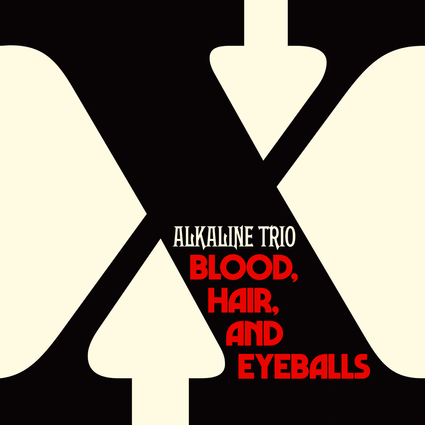



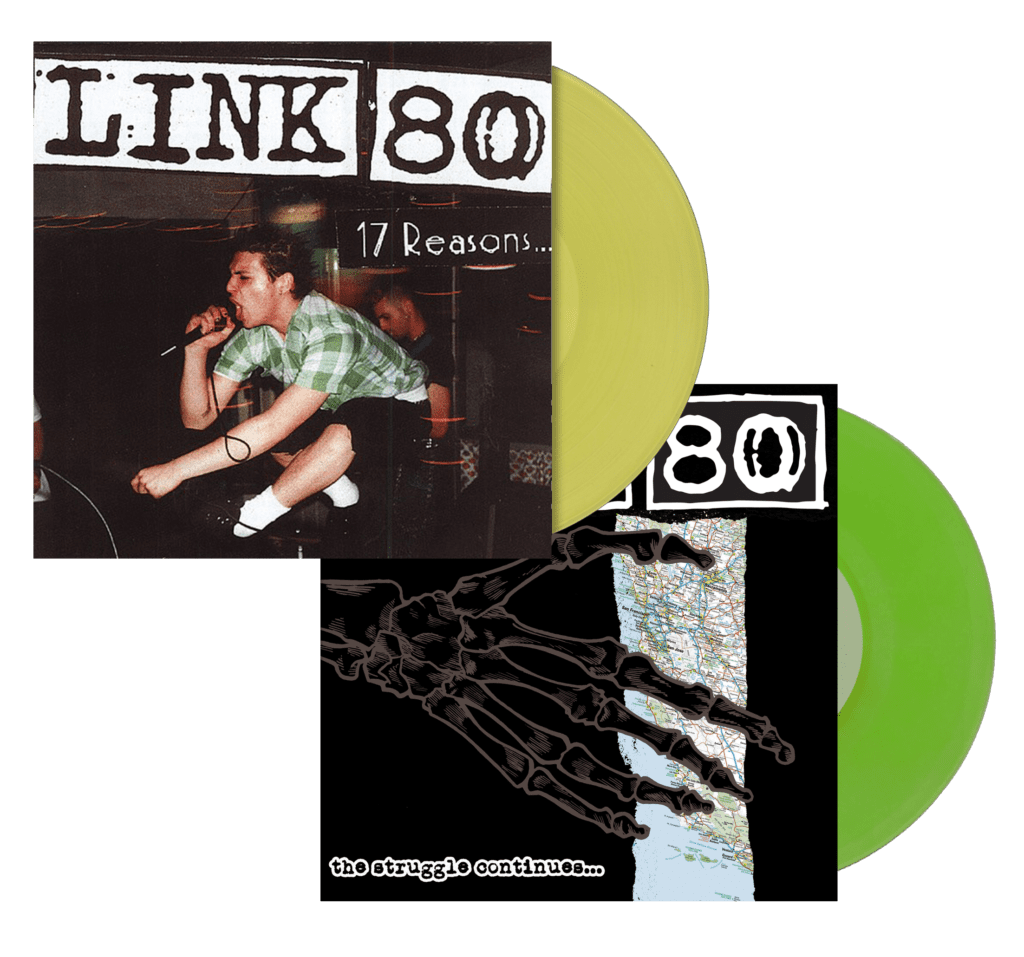




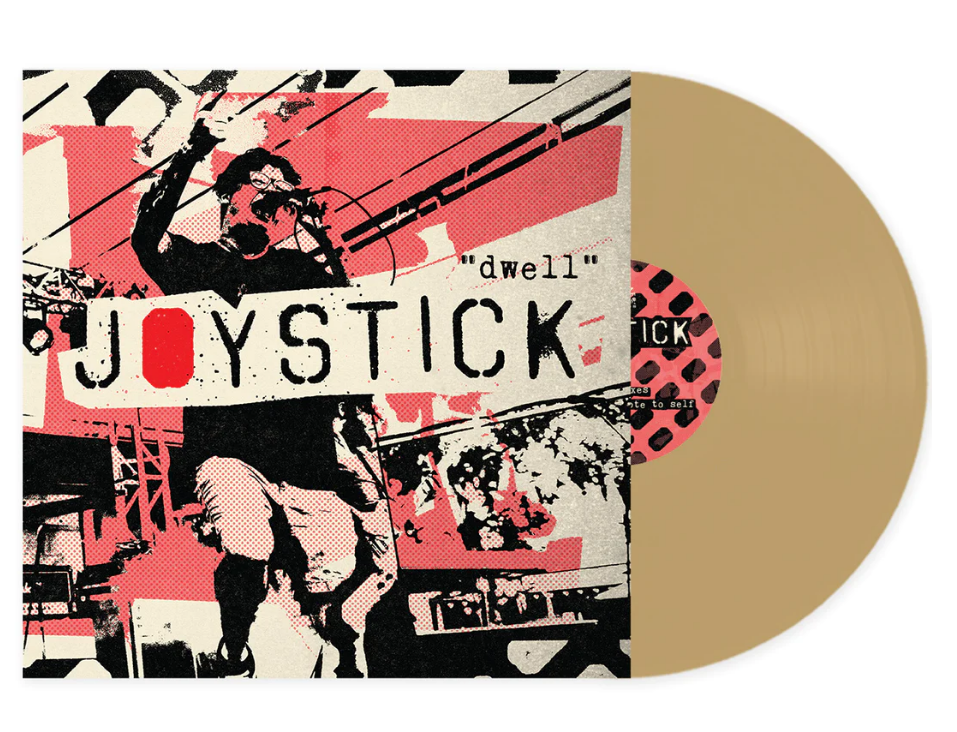

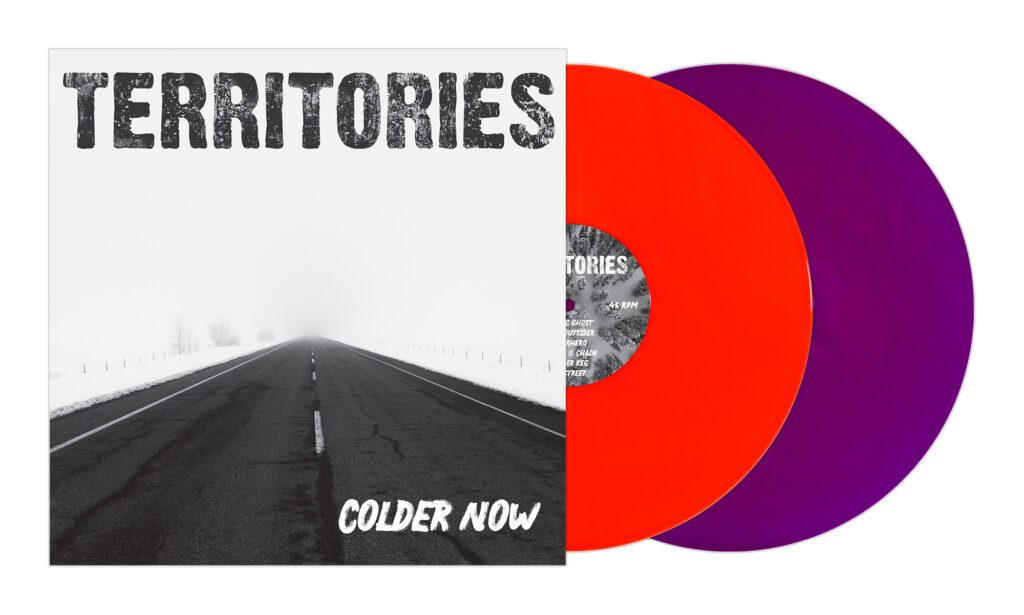

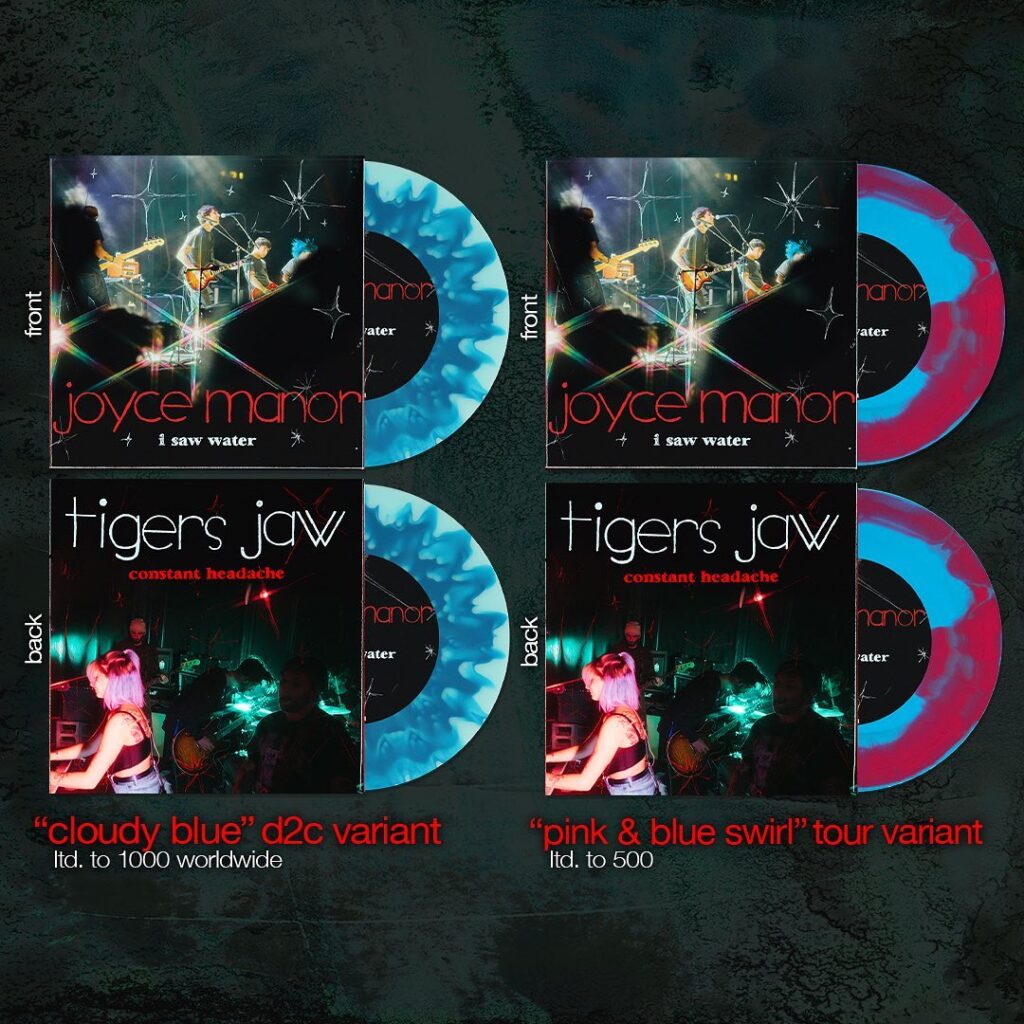






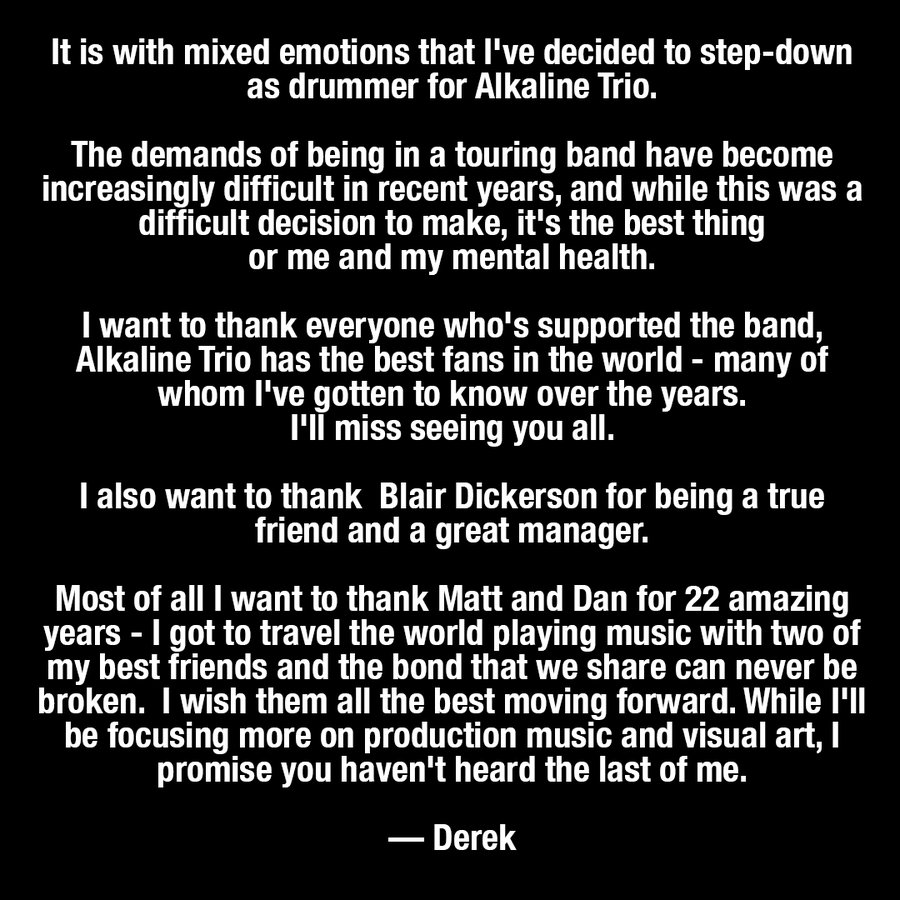































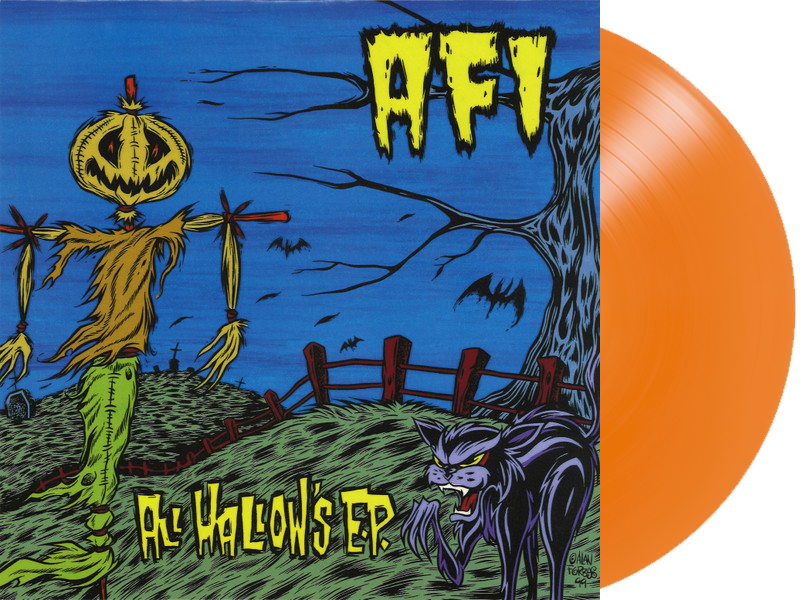
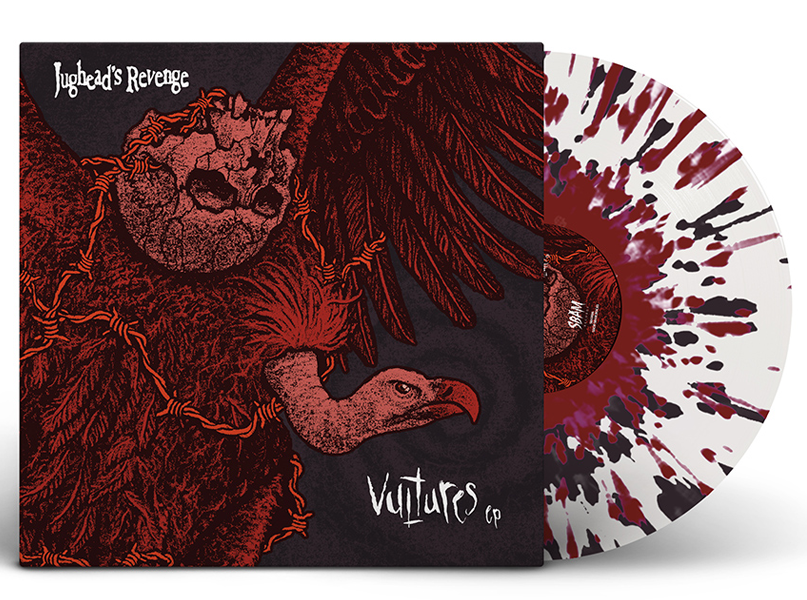

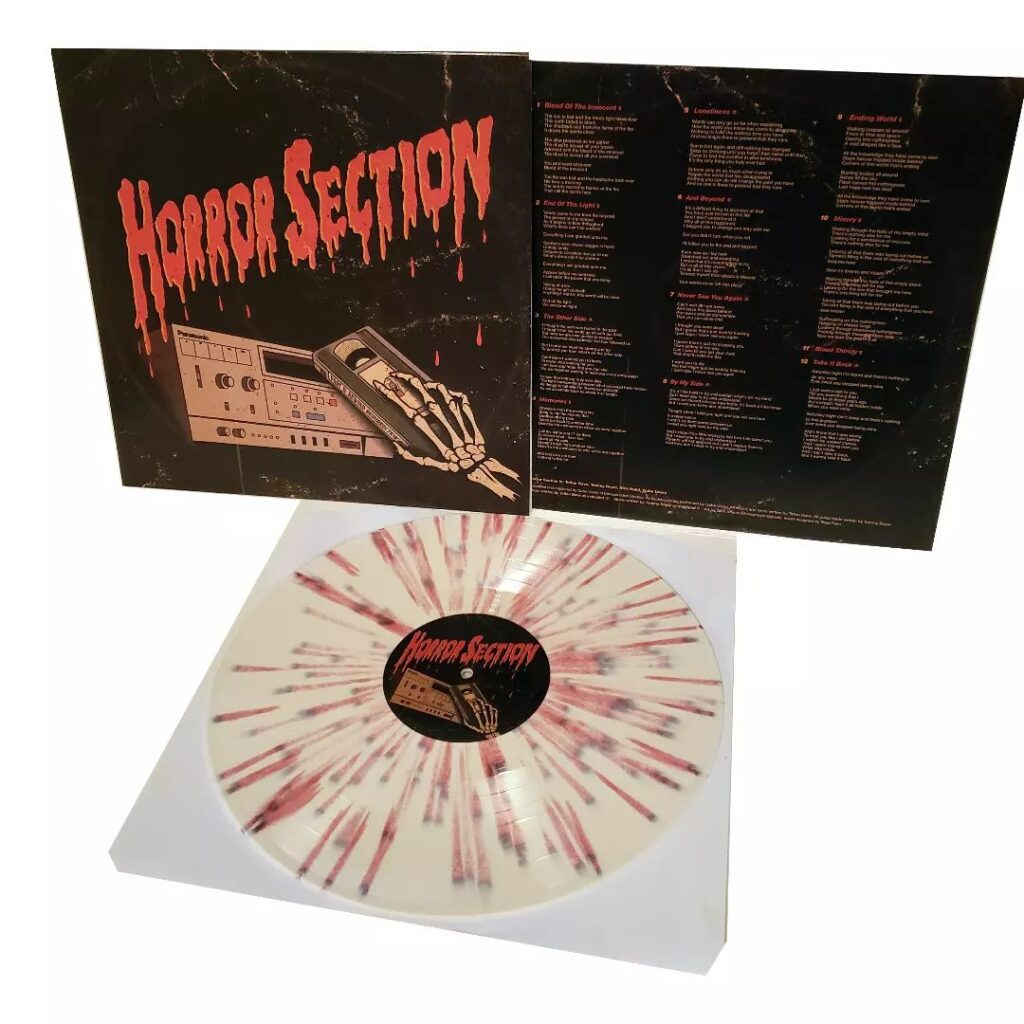

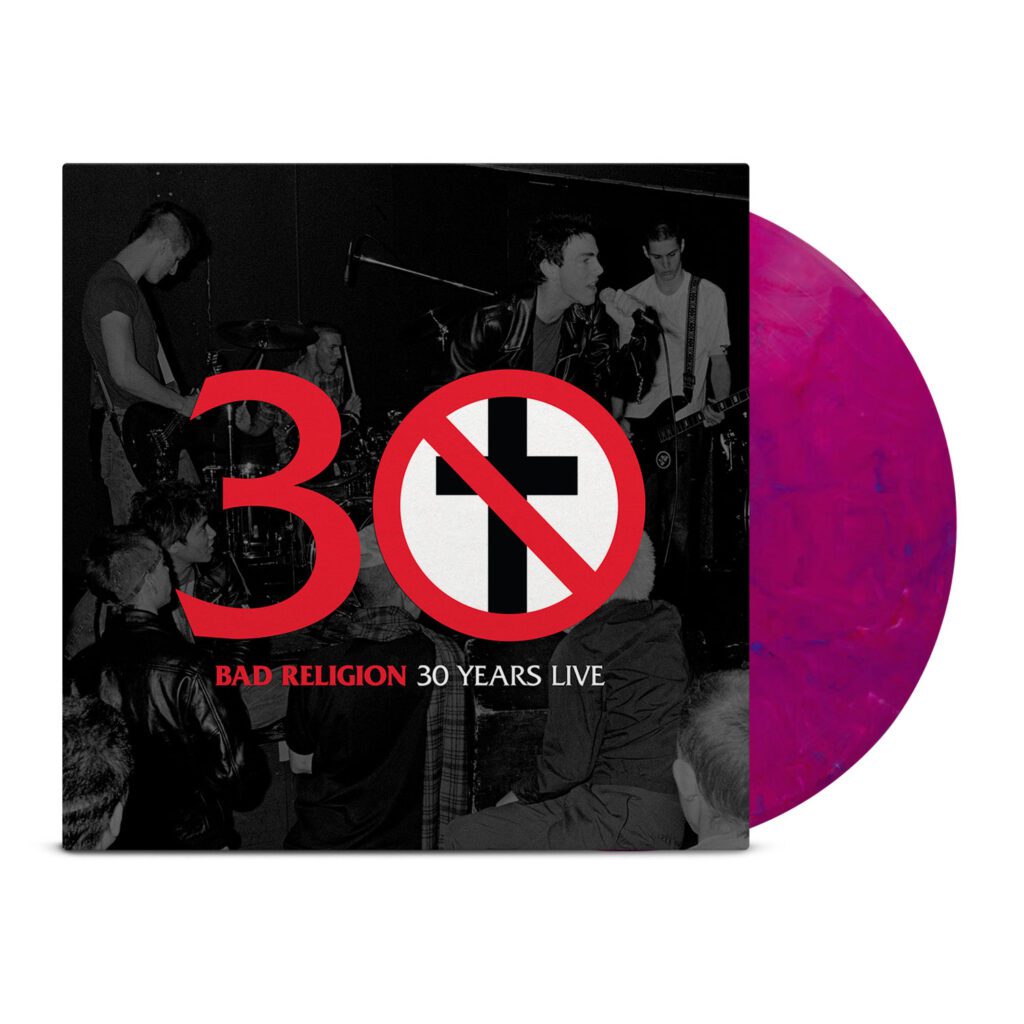
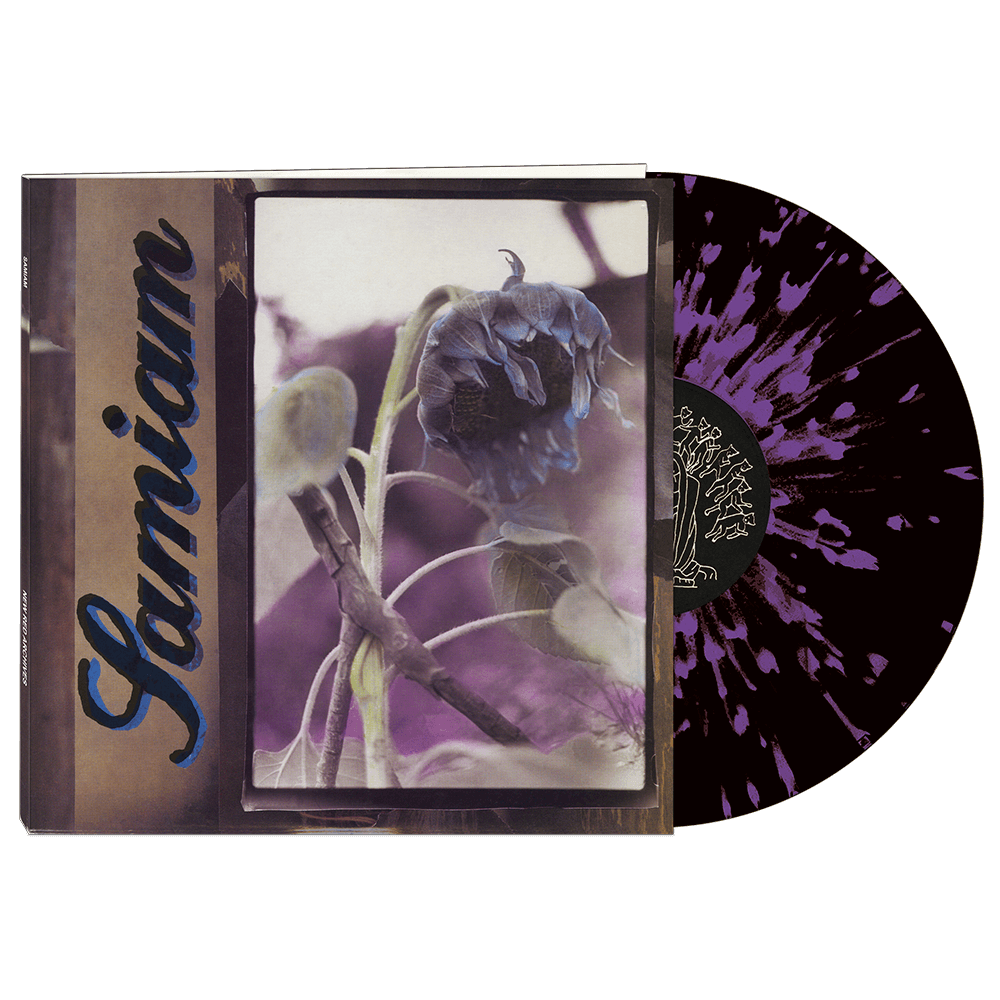
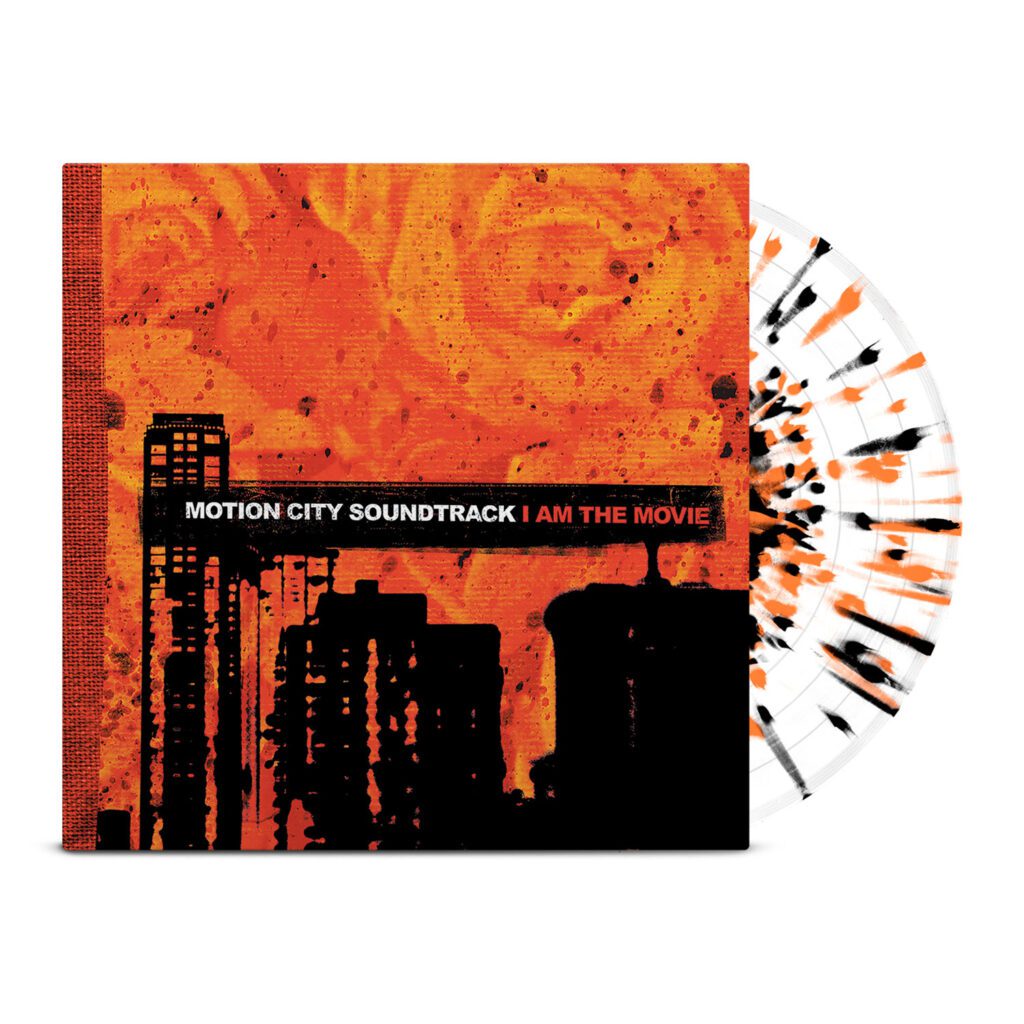
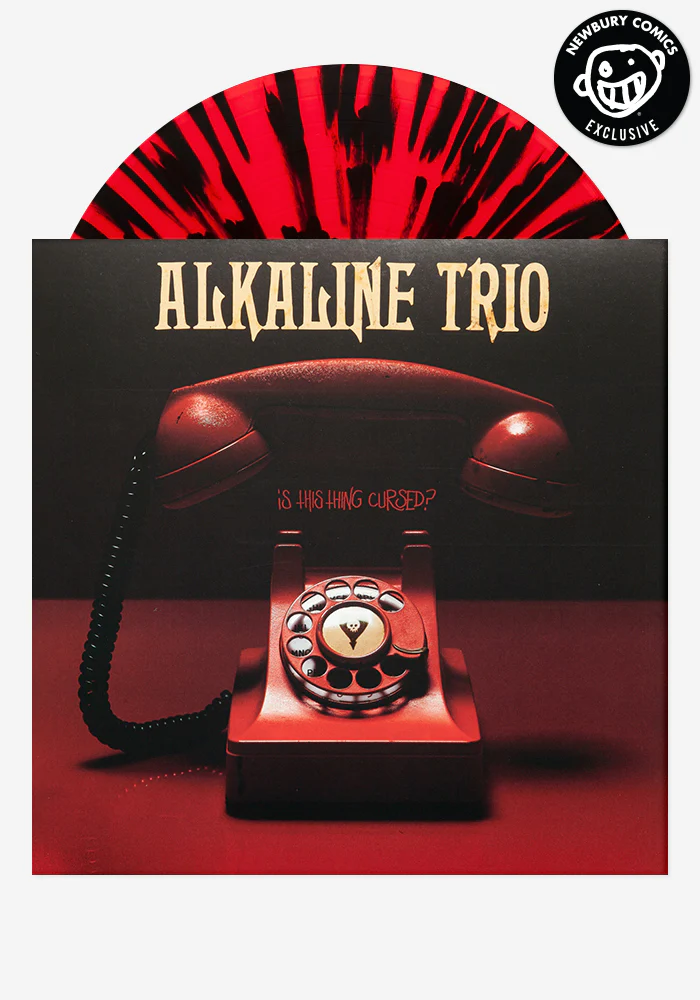
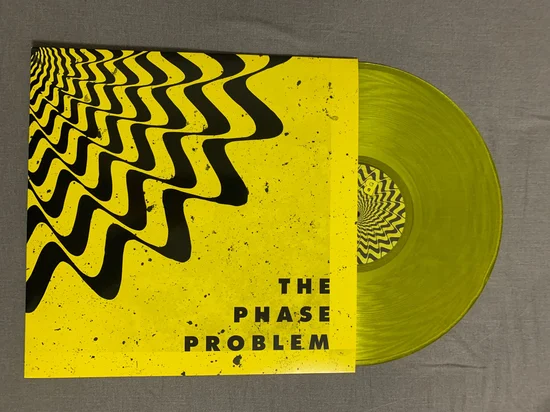
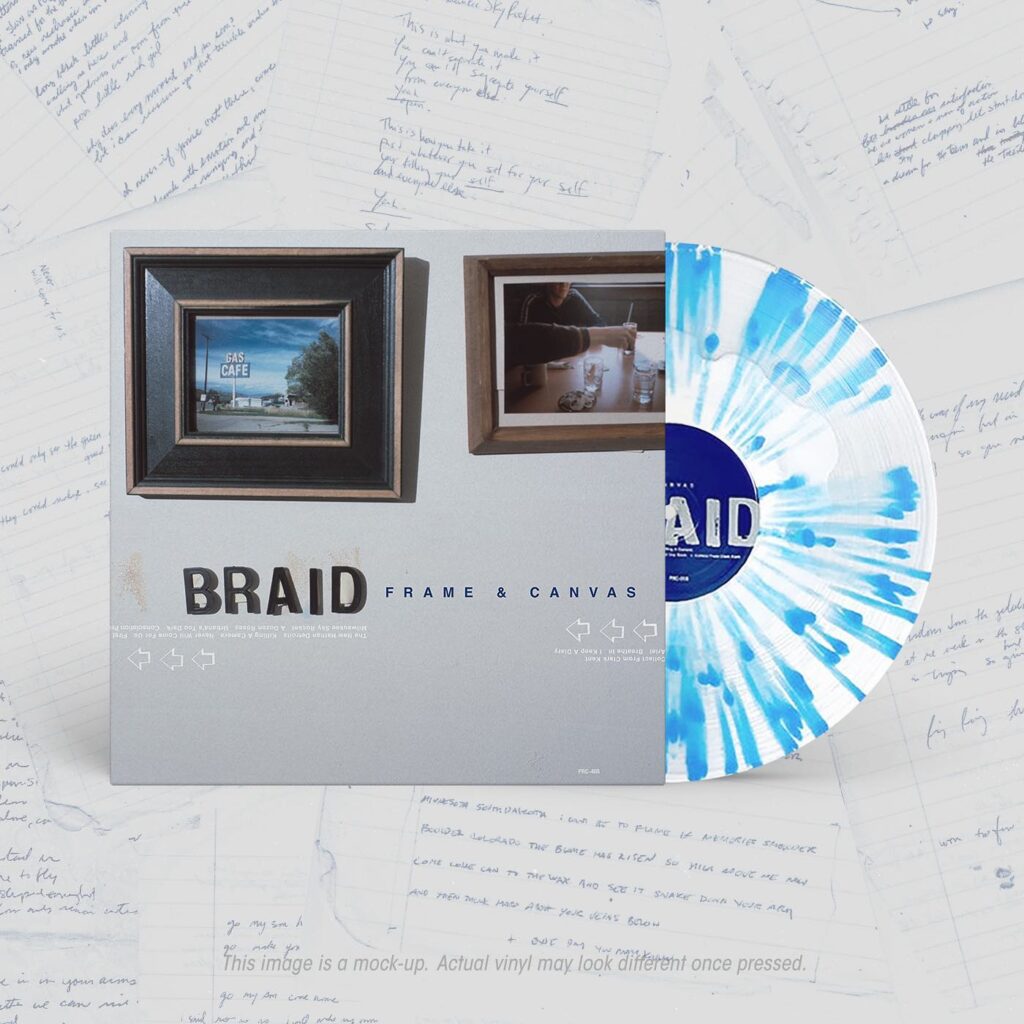
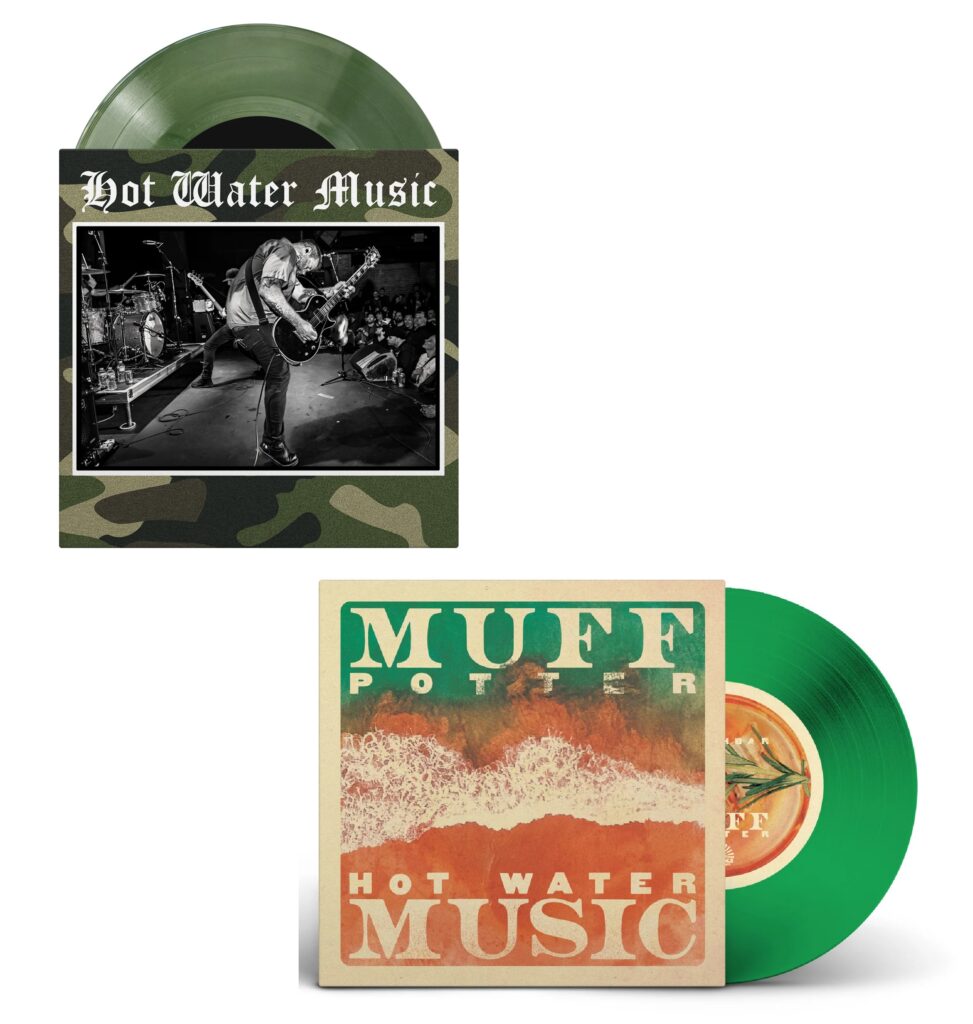

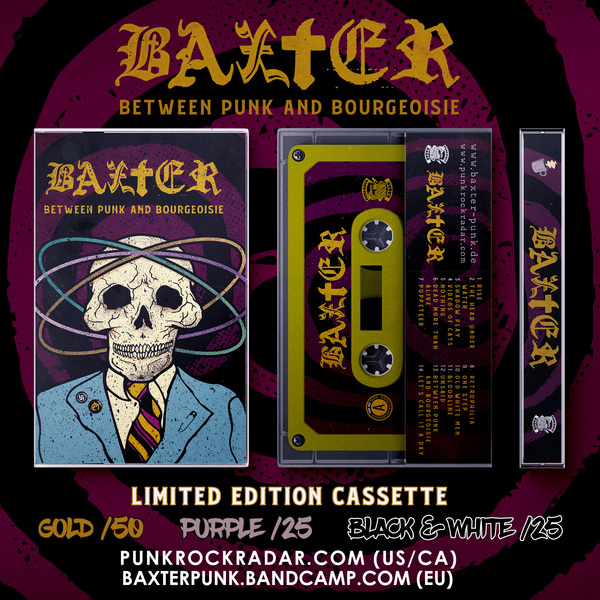
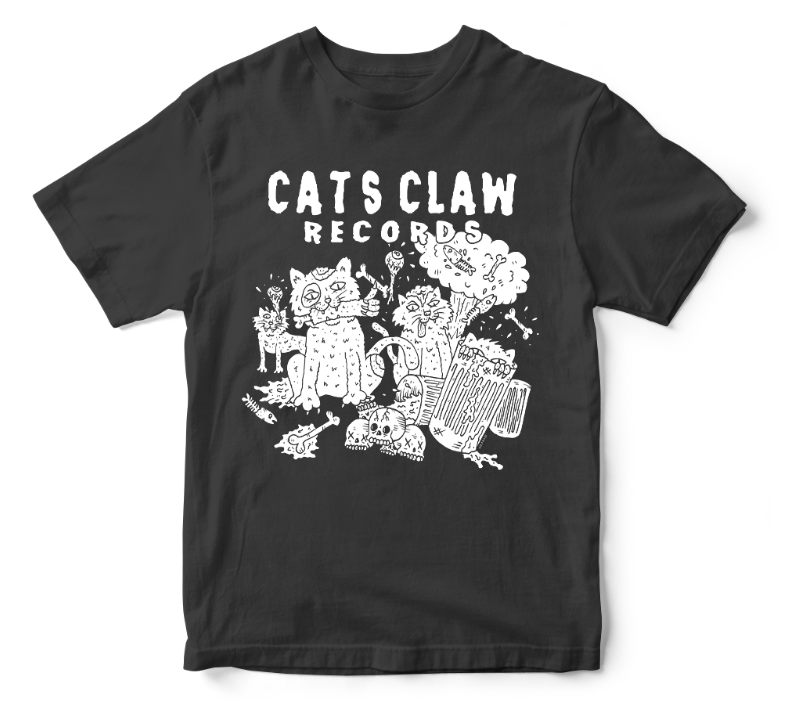
















JZ
Hell, YES